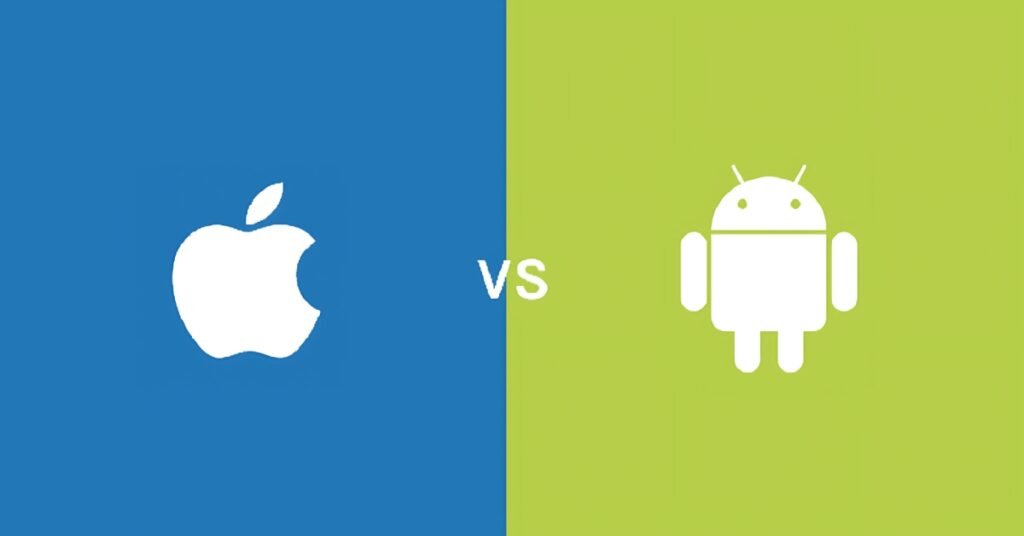Choosing the right smartphone often boils down to one key question: iOS vs Android, which is better? Both operating systems have millions of loyal users worldwide, but they offer very different experiences. This blog will help you understand the advantages and disadvantages of both iOS and Android so you can decide which is better for you.
Overview of iOS and Android
-
iOS is the mobile operating system developed by Apple and used exclusively on iPhones.
-
Android is an open-source operating system developed by Google, used by many smartphone manufacturers like Samsung, OnePlus, Xiaomi, and more.
Advantages of iOS
-
Smooth and Consistent User Experience
iOS offers a highly polished and consistent user interface. Since Apple controls both hardware and software, performance is optimized across all iPhone models. -
Regular Updates and Security
Apple releases iOS updates simultaneously to all supported devices, ensuring users get the latest features and security patches without delay. -
Better App Quality and Ecosystem
Apps on iOS often have better design and performance, thanks to strict App Store guidelines. The Apple ecosystem (iPad, Mac, Apple Watch) also provides seamless integration. -
Privacy Focus
Apple emphasizes user privacy with features like App Tracking Transparency and strong encryption.
Disadvantages of iOS
-
Limited Customization
iOS is more restrictive in terms of customization. You can’t change default apps easily or extensively modify the interface. -
Higher Cost
iPhones tend to be more expensive compared to many Android phones with similar specifications. -
Less Flexibility
No expandable storage and limited file system access compared to Android.
Advantages of Android
-
More Device Options and Price Range
Android powers a huge variety of phones across different price points, from budget to flagship models, giving users more choice. -
Highly Customizable
Android allows extensive customization of the home screen, widgets, launchers, default apps, and even system-level tweaks. -
Expandable Storage and File Management
Many Android phones support microSD cards and offer easier access to the file system. -
Google Services Integration
Android integrates deeply with Google services like Gmail, Maps, Drive, and Assistant.
Disadvantages of Android
-
Fragmented Updates
Unlike iOS, Android updates depend on the device manufacturer and carrier, leading to delayed or no updates on many phones. -
Inconsistent User Experience
Due to the variety of manufacturers, the Android experience can vary greatly, sometimes causing performance or compatibility issues. -
Security Risks
Being open-source and allowing apps from third-party stores increases the risk of malware if users are not careful.
Which is Better: iOS vs Android?
The answer depends on your priorities:
-
If you want smooth performance, timely updates, and privacy, iOS might be better for you.
-
If you prefer customization, variety of devices, and affordability, Android is a strong choice.
Both iOS and Android have come a long way and offer excellent features. Ultimately, choosing between iOS vs Android is about what fits your lifestyle and preferences best.
Final Thoughts
When deciding iOS vs Android, which is better, consider what matters most to you: security, customization, budget, or ecosystem. Both platforms continue to evolve, closing gaps and improving user experience.
If you want the best of both worlds, you can always try devices from both platforms before making a decision!
Discover more on MediaBites and follow us on Instagram @mediabitespk for daily stories that inspire.


